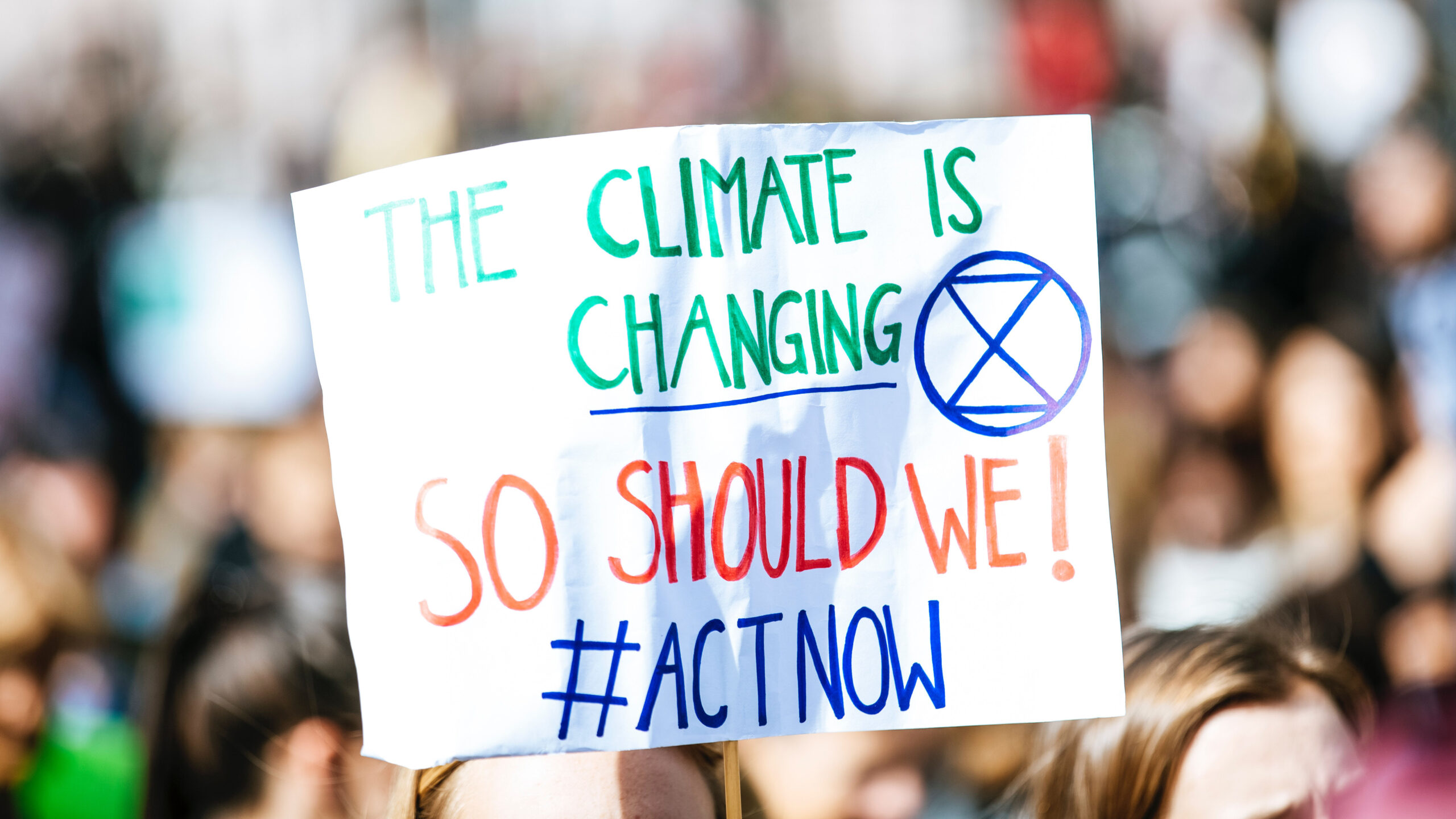The Humber community wants to see the federal government take more action in fighting climate change, a crisis that continues to grow.
Devon Fernandes, Humber College’s sustainability manager, is concerned about the progress the federal government has made on fighting climate change. It’s “increasingly urgent” that its performance starts to match its promises.
“It’s amazing to see that the government has an ambitious goal of fighting this crisis, but I see that there are more areas of improvement to be made,” Fernandes said.
The government didn’t fulfil its plan of banning plastics as a number of grocery stores continue to offer them to customers, although stores charge a small fee — usually a nickel — for each bag.
The government planned on investing more into renewable energy, public transportation and Indigenous communities to switch to a cleaner energy source.
Making it more accessible and efficient for personal and business use may also have a positive impact on the economy because energy is planned to be produced in Canada.
“I see that they need to be making more strides and targets by fulfilling their promises quicker,” Fernandes said.
The latest United Nations report confirmed climate change was caused by human activity. It also pointed to irreversible changes and a shortened window for taking action.
“We are not just there yet in fighting this crisis,” Fernandes said. “The government has to push harder to lead the horrible trend we are facing in the present into a positive trend for the future,” he said.
Sukhvir Ghuldu, a Humber College Computer Programming student, says the government isn’t doing enough for the climate crisis.
“I don’t think Trudeau is doing enough nor has done enough to fight climate change,” Ghuldu said. “I want to see more action from all the promises he has made.”
Ghuldu said he wants to see Trudeau ban plastics from all stores and provide more clean and healthy services for Indigenous communities.
The first step UN recommended to speed up the switch to renewable energy use “by making it a key performance indicator for every economic activity, budget and public purchase.”
Spencer Wood, director of Humber College’s sustainability department, said the carbon tax is already the big driving piece of the federal plan.
“It’s part of a plan by the government to reach and eventually pass its goal of reducing greenhouse gas emissions by 30 per cent below the levels we’ve seen in 2005,” Wood said.
The current carbon tax on gasoline is 8.8 cents and it plans to reach 40 cents by 2030 according to the April 2021 report by Canadian Energy Centre.
Quebec became the first province to implement a carbon tax in Canada in June 2007, while Conservative premiers in Western Canada and Ontario have resisted the plan.

